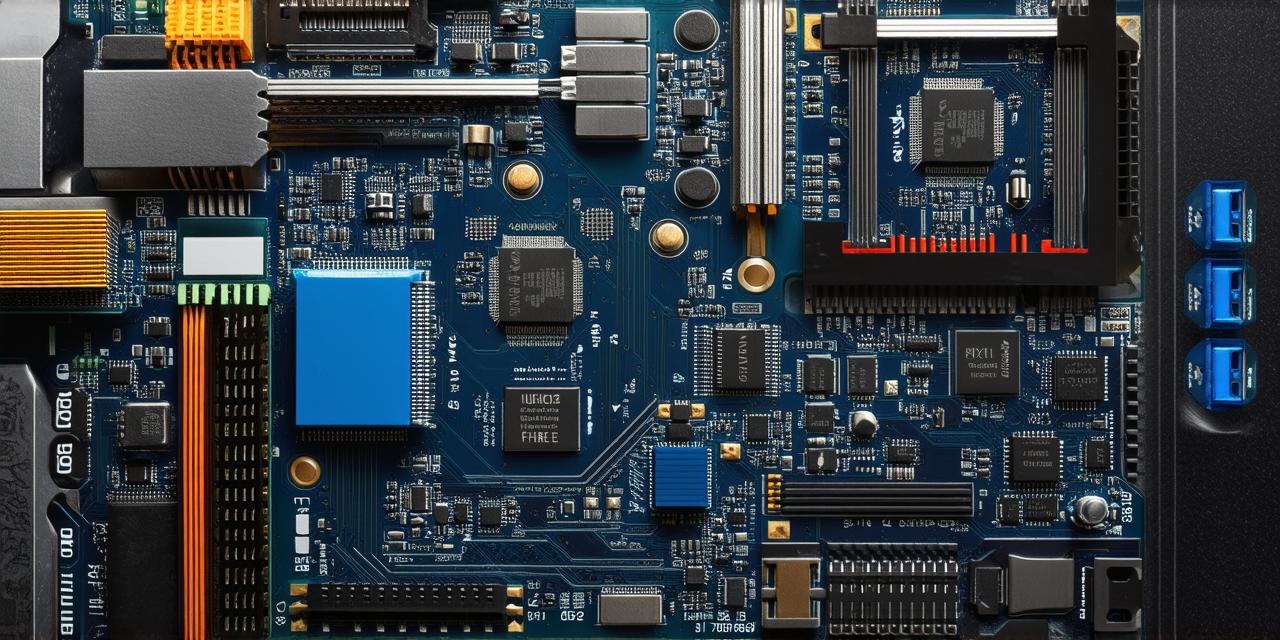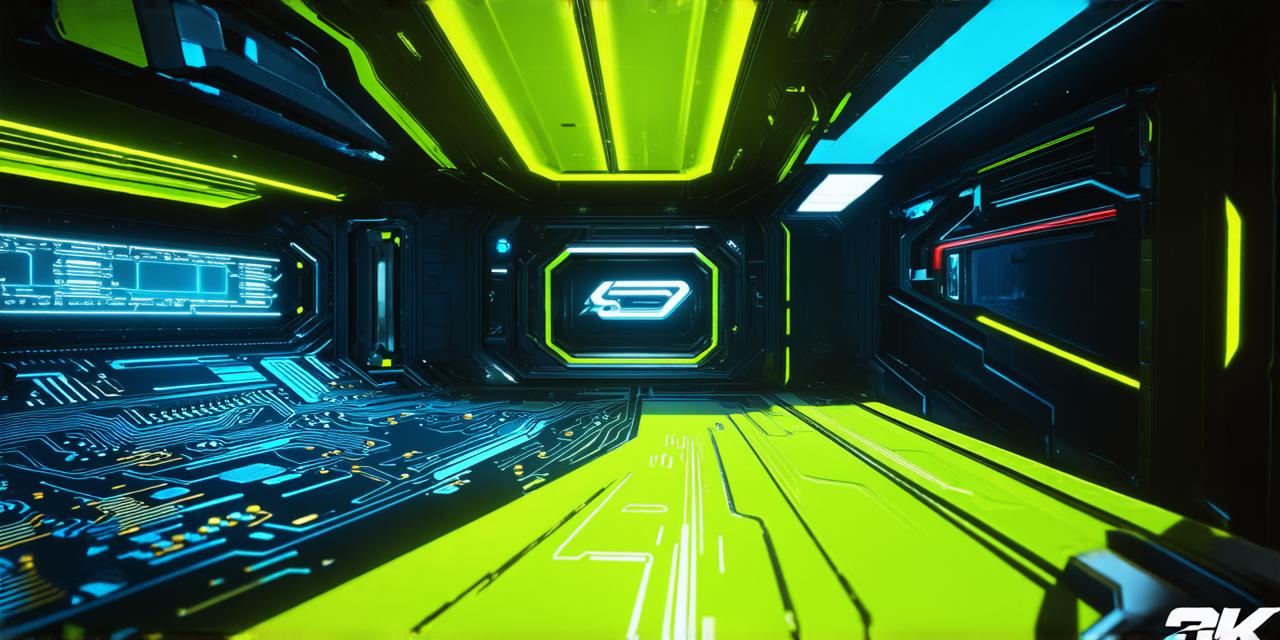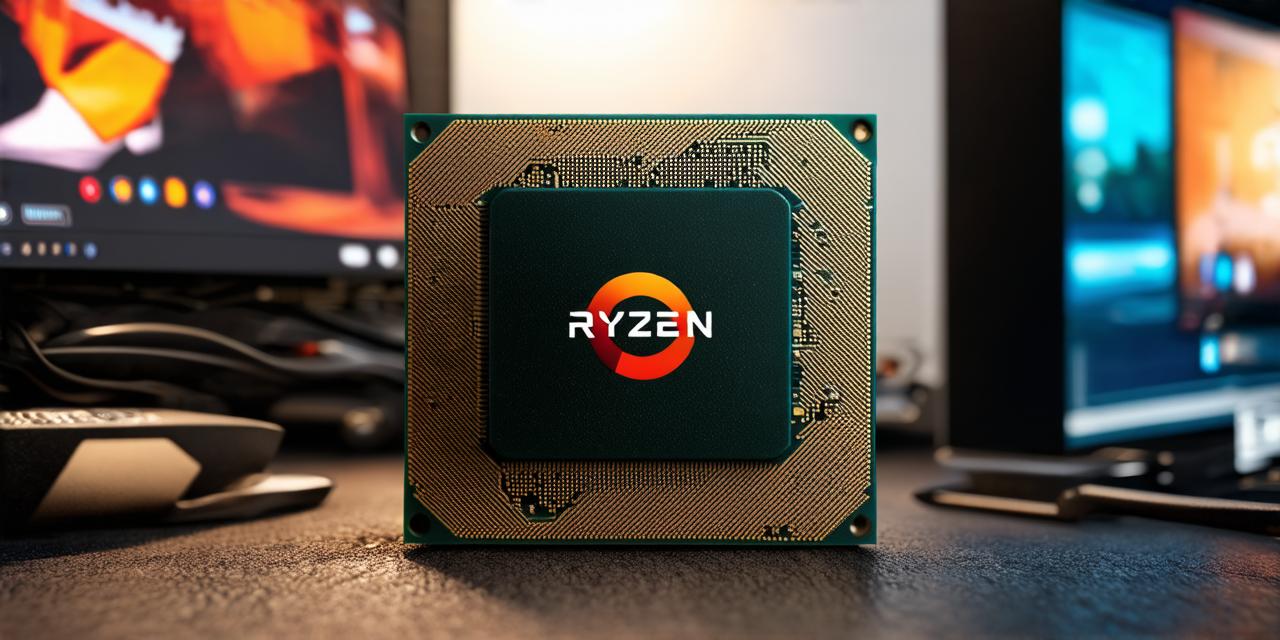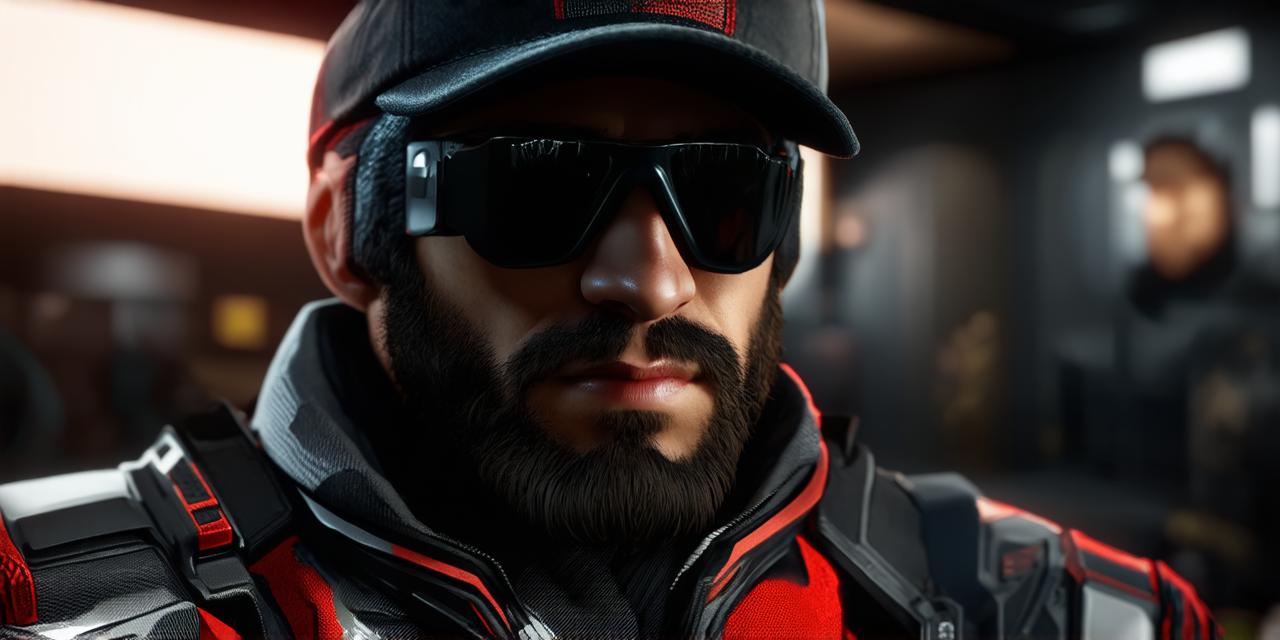If you’re looking to create stunning 3D games that will captivate audiences and generate buzz, then you’ll need a powerful PC with the right specifications.
1. Processor (CPU)
The CPU is the heart of any computer and plays a crucial role in running games smoothly. For 3D game development, you’ll need a powerful processor with multiple cores and a high clock speed. The latest generation processors from Intel and AMD are ideal for this type of work.
* Recommended CPU: Intel Core i7 or AMD Ryzen 9
2. Graphics Processing Unit (GPU)
The GPU is responsible for rendering graphics in real-time, making it an essential component for 3D game development. The latest generation GPUs from Nvidia and AMD are ideal for creating stunning visuals with high-quality textures and lighting effects.
* Recommended GPU: Nvidia GeForce RTX or AMD Radeon VII
3. RAM (Random Access Memory)
RAM is responsible for storing data that the CPU needs to access quickly. For 3D game development, you’ll need at least 16GB of RAM to ensure smooth performance and avoid any lag or stuttering.
* Recommended RAM: 16GB DDR4 or higher
4. Storage Drive
The storage drive is where your operating system, games, and other files are stored. For 3D game development, you’ll need a fast and reliable storage drive with enough space to store all your files. Solid-state drives (SSDs) are ideal for this type of work as they offer faster read and write speeds than traditional hard disk drives (HDDs).
* Recommended Storage Drive: 512GB or higher SSD
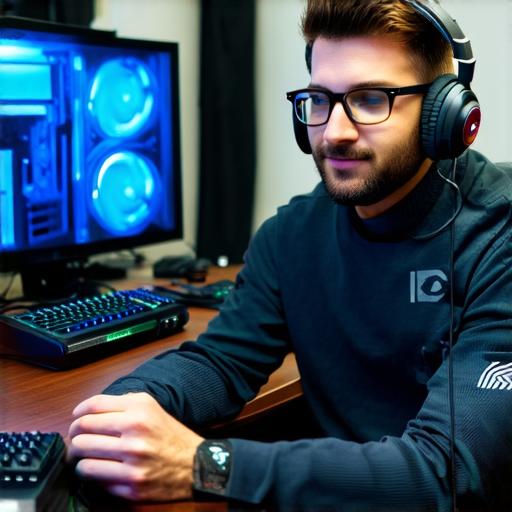
5. Power Supply Unit (PSU)
The PSU is responsible for providing power to all the components in your PC. For 3D game development, you’ll need a high-quality PSU with enough wattage to supply power to all the components in your system. Look for a PSU with at least 600 watts or higher.
* Recommended PSU: 600 watts or higher
Case Studies and Personal Experiences
To give you a better understanding of what it takes to create stunning 3D games, let’s take a look at some real-life examples of PC requirements for 3D game development.
Example 1: Unity 3D Game Development
Unity 3D is one of the most popular game engines used in the industry. It’s designed to be easy to use and offers a wide range of features for creating immersive worlds.
To develop a basic Unity 3D game, you’ll need the following PC requirements:
- Processor (CPU): Intel Core i5 or AMD FX-8350
- Graphics Processing Unit (GPU): Nvidia GeForce GTX or AMD Radeon HD 7970
- RAM (Random Access Memory): 8GB DDR3 or higher
- Storage Drive: 256GB SSD or higher
- Power Supply Unit (PSU): 450 watts or higher
However, if you’re planning to create a more complex Unity 3D game with advanced graphics and effects, you’ll need a more powerful system. For example, to develop a game with high-quality textures and lighting effects, you’ll need at least an Intel Core i7 or AMD Ryzen 9 processor with an Nvidia GeForce RTX or AMD Radeon VII GPU.
Example 2: Unreal Engine Game Development
Unreal Engine is another popular game engine used in the industry. It’s known for its high-quality graphics and advanced features, making it ideal for creating realistic worlds.
To develop a basic Unreal Engine game, you’ll need the following PC requirements:
- Processor (CPU): Intel Core i5 or AMD FX-8350
- Graphics Processing Unit (GPU): Nvidia GeForce GTX or AMD Radeon HD 7970
- RAM (Random Access Memory): 8GB DDR3 or higher
- Storage Drive: 256GB SSD or higher
- Power Supply Unit (PSU): 450 watts or higher
However, if you’re planning to create a more complex Unreal Engine game with advanced graphics and effects, you’ll need a more powerful system. For example, to develop a game with high-quality textures and lighting effects, you’ll need at least an Intel Core i7 or AMD Ryzen 9 processor with an Nvidia GeForce RTX or AMD Radeon VII GPU.
FAQs
Here are some frequently asked questions about 3D game development:
1. What is the minimum PC requirement for 3D game development?
The minimum PC requirements for 3D game development will depend on the specific needs of your project. However, as a general rule, you’ll need at least an Intel Core i5 or AMD FX-8350 processor with an Nvidia GeForce GTX or AMD Radeon HD 7970 GPU, 8GB DDR3 or higher RAM, and a 256GB SSD or higher storage drive.
1. Can I develop a 3D game on a laptop?
Yes, you can develop a 3D game on a laptop, but it may be more challenging than developing on a desktop computer. Laptops typically have less powerful components and smaller storage drives, which can limit your ability to create complex games with high-quality graphics and effects. Additionally, the screen size of a laptop may not be ideal for designing and testing 3D environments.
1. How much RAM do I need for 3D game development?
The amount of RAM you’ll need for 3D game development will depend on the
